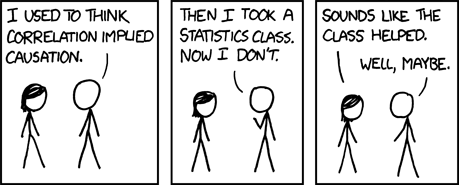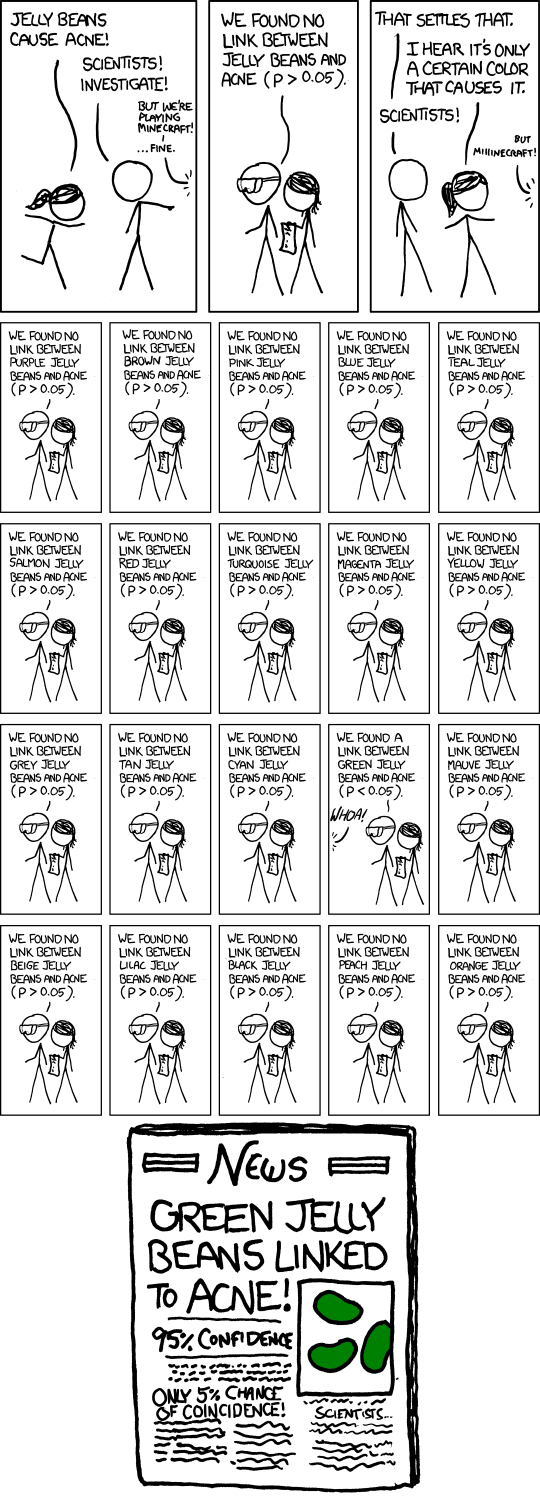SterlingHopper
Well-Known Member
So I see that there is a very similar thread running around right now, but I just saw BMJ's article linking alcohol consumption so some cancers in western Europe.
I think the tagline is:
This seems to be a respected, peer-reviewed medical journal. Why haven't we learned that CORRELATION DOES NOT IMPLY CAUSATION?!
I think the tagline is:
If we assume causality, among men and women, 10% (95% confidence interval 7 to 13%) and 3% (1 to 5%) of the incidence of total cancer was attributable to former and current alcohol consumption in the selected European countries.
This seems to be a respected, peer-reviewed medical journal. Why haven't we learned that CORRELATION DOES NOT IMPLY CAUSATION?!























































![Craft A Brew - Safale S-04 Dry Yeast - Fermentis - English Ale Dry Yeast - For English and American Ales and Hard Apple Ciders - Ingredients for Home Brewing - Beer Making Supplies - [1 Pack]](https://m.media-amazon.com/images/I/41fVGNh6JfL._SL500_.jpg)



 Not trying to start a flame war here, but vaccines do not cause autism. Period. Full stop. "Dr." Wakefield (he was struck off the list of physicians in the UK for ethical violations and now runs a clinic in Austin, TX, where he is once again under investigation for dubious ethical practices) published a paper in 1998 where he linked gut inflammation to autism. Nowhere in the paper is a link between vaccines and autism mentioned (it would never have been published in The Lancet if he had made such an egregious claim); Mr. Wakefield claimed this link in a subsequent press conference (much to the surprise of his coauthors).
Not trying to start a flame war here, but vaccines do not cause autism. Period. Full stop. "Dr." Wakefield (he was struck off the list of physicians in the UK for ethical violations and now runs a clinic in Austin, TX, where he is once again under investigation for dubious ethical practices) published a paper in 1998 where he linked gut inflammation to autism. Nowhere in the paper is a link between vaccines and autism mentioned (it would never have been published in The Lancet if he had made such an egregious claim); Mr. Wakefield claimed this link in a subsequent press conference (much to the surprise of his coauthors). 